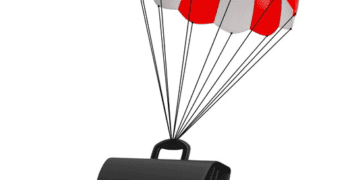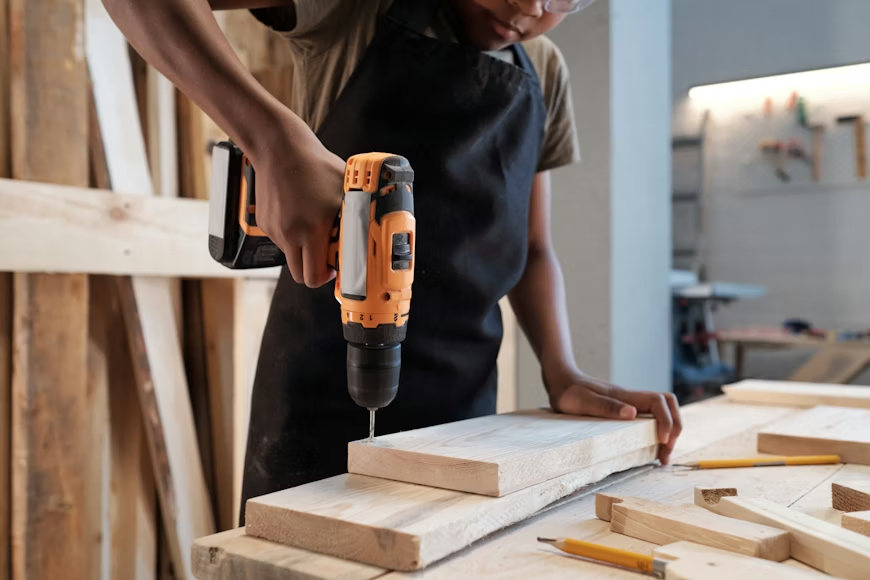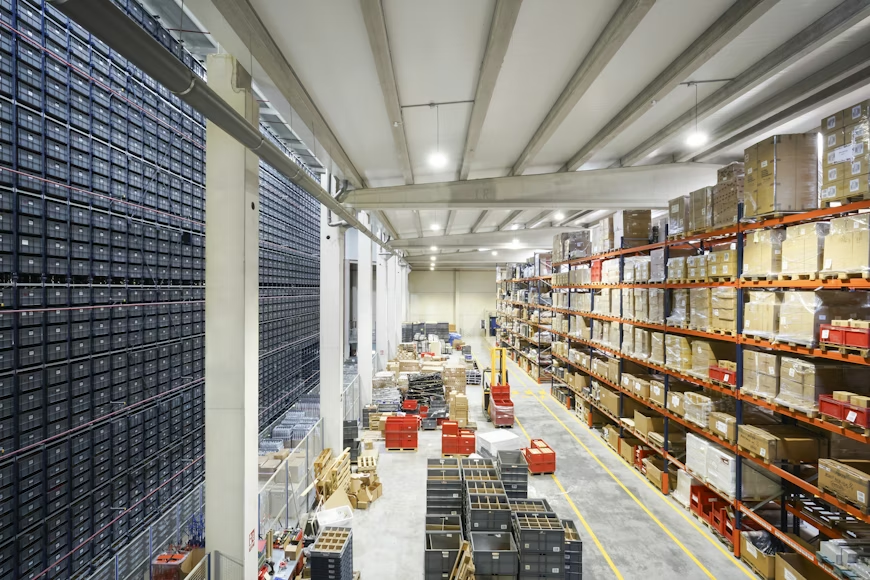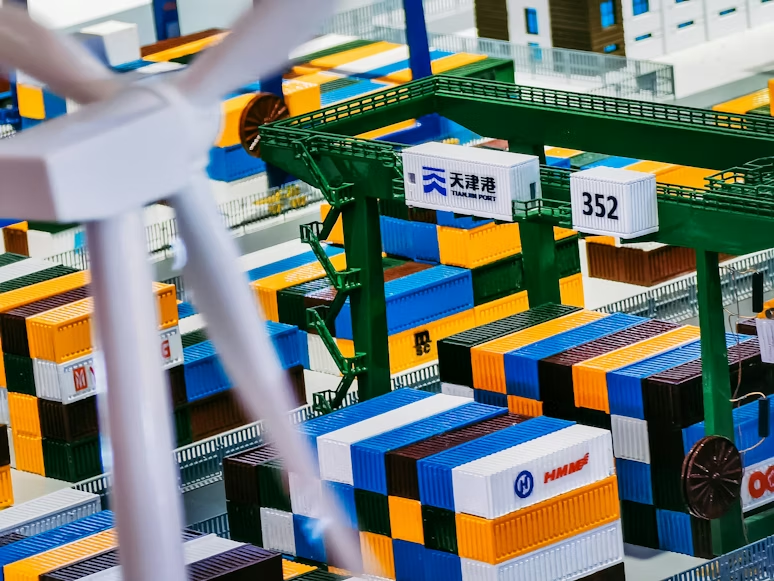Inflation is prompting a shift in consumer behavior within the luxury resale market, according to recent reports from leading brands and retailers. The resilience of luxury goods sales during economic downturns remains consistent, as demonstrated by recent earnings reports from companies like Capri Holdings and LVMH. However, the current economic landscape, marked by inflation levels not seen in decades, is influencing consumers to explore alternative avenues to afford items from their preferred luxury brands.
As high-end brands increase entry barriers for luxury items, consumers are turning to secondhand and gently-used versions of designer goods. Resale platforms are adapting to this trend by investing in additional features to help shoppers find the best deals and facilitating the process for those looking to sell their luxury items online.
Despite these shifts, challenges exist for luxury resale providers, with some struggling to demonstrate profitability. ThredUp, for instance, reported a drop in average order value for lower-income shoppers due to inflation but noted an increase among higher-income shoppers.
Established luxury resale platforms like Fashionphile have weathered economic downturns in the past. Founder Sarah Davis highlighted how during the 2008 financial crisis, the company experienced a surge in buy-backs as customers sought to meet financial obligations. The current climate, marked by frequent price hikes from brands like Chanel and Louis Vuitton, has led consumers to consider resale platforms offering discounts of up to 80% off retail prices.
Resale platforms such as The RealReal and Fashionphile are witnessing increased interest, with The RealReal noting a 13% rise in items tagged with the “obsess” feature, indicating heightened demand for discounted items. Additionally, about 40% of The RealReal customers express interest in resale as an alternative to fast-fashion shopping.
Luxury resale platforms face challenges in achieving profitability, with The RealReal, for example, reporting net losses despite a 30% increase in gross merchandise value (GMV) in the second quarter of 2022. ThredUp also revised its yearly forecast as it aims to break even by the following year.
However, as stay-at-home restrictions ease, consumers appear inclined to invest in items they couldn’t fully enjoy during the pandemic. Formalwear resale platforms like Queenly are experiencing increased demand as events return, with buyers and sellers seeking cost-effective options for special occasion dresses.
Despite economic headwinds, luxury resale companies express optimism about the future. Fashionphile’s CEO, Sarah Davis, emphasized the company’s resilience during previous recessions, highlighting confidence in their ability to navigate and emerge stronger from current challenges.
Breaking supply chain news is just a click away at The Supply Chain Report. Enhance your knowledge of international trade at ADAMftd.com with free tools.
#luxuryresale #consumerbehavior #inflationimpact #secondhandluxury #luxurygoods #fashionphile #therealreal #thredup #queenly #luxuryshopping #resaleplatforms #discountedluxury #luxurybrands #luxuryresaleboom #fashiontrends #luxuryitems #sustainablefashion

















